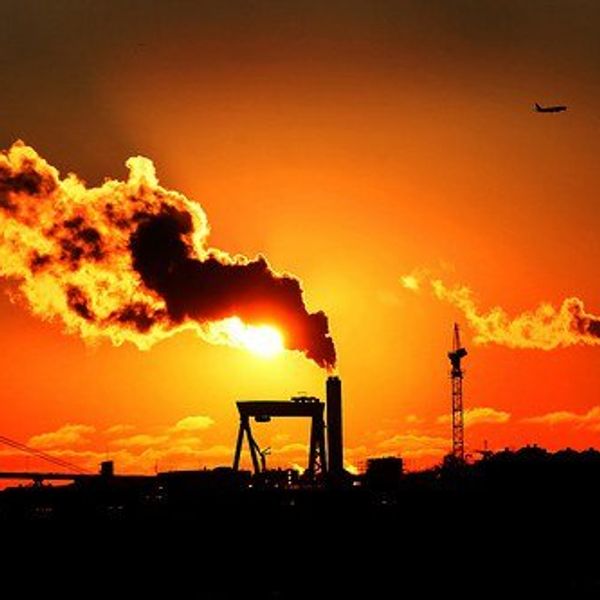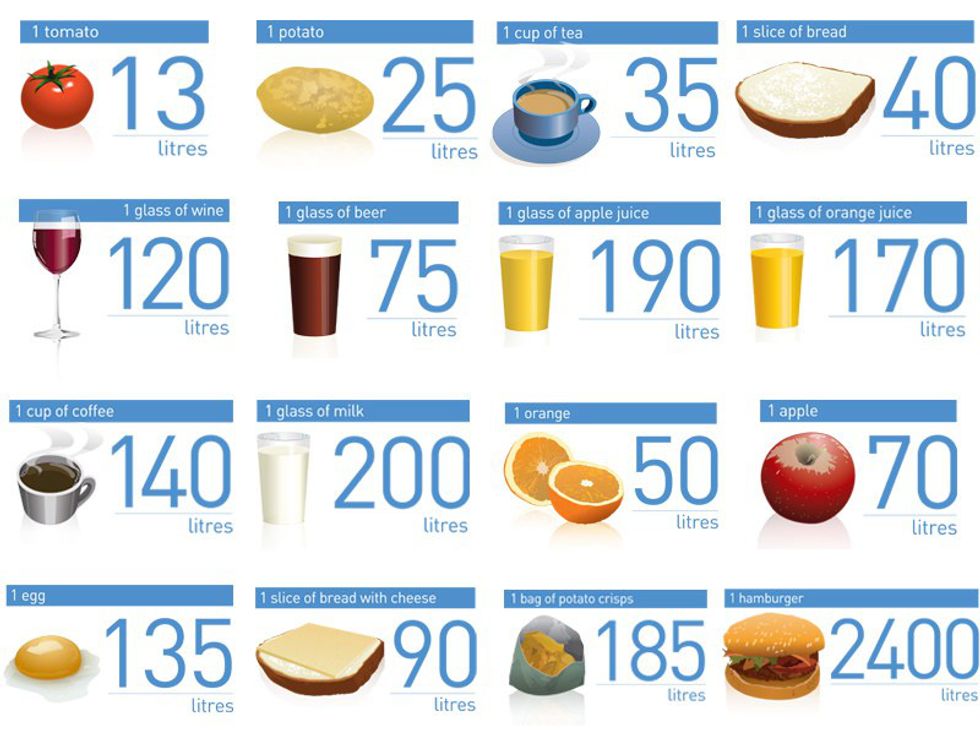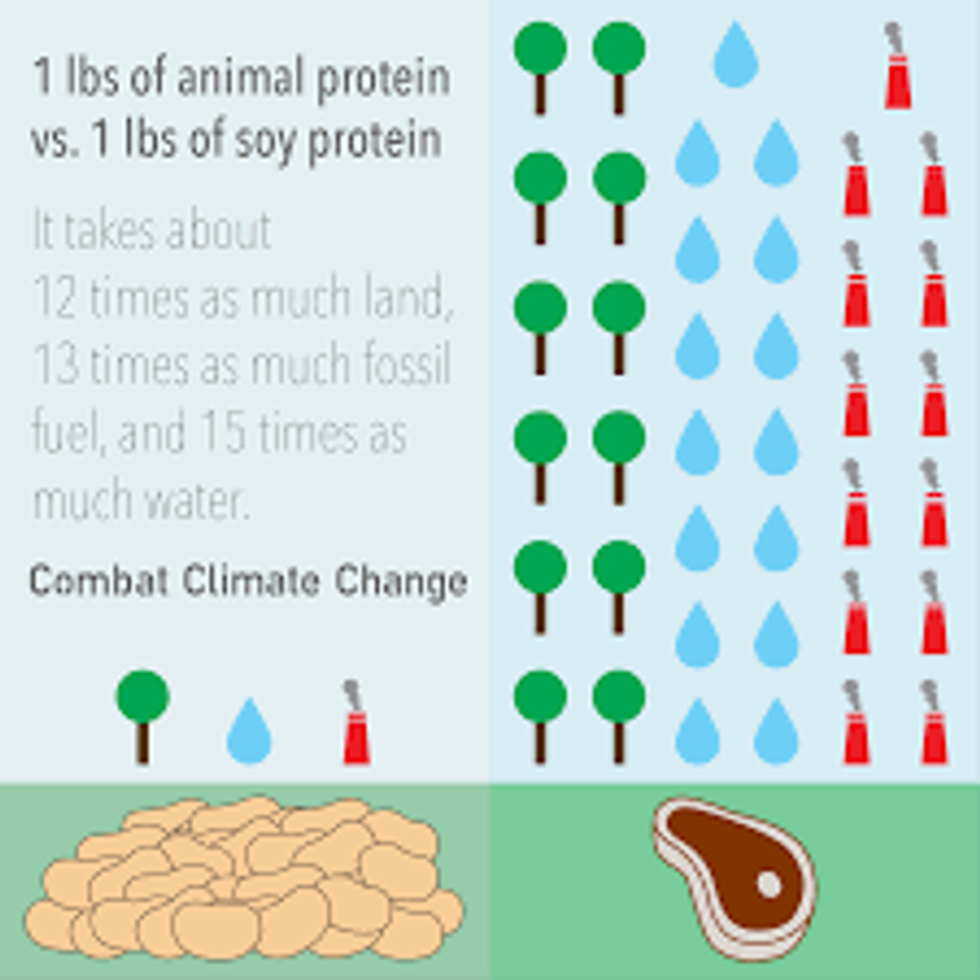Few foods grow to the status of icons within their respective cultures. The hamburger, however, may be worthy of classification as one of these icons. A humble, tasty creation born out of the need for a convenient, portable meal in Industrial America quickly became a cheap, high-protein staple of our cuisine. Fast-food giants such as McDonald’s, Burger King, etc. have ensured that in almost every corner of the country, we have access to this bite of American culture.
Unfortunately, this delicious cultural bite represents a substantial threat to life as we know it.
Sound crazy? Given the massive environmental drain of beef production and the high consumption of beef patties throughout the world (the NPD, a global information agency, estimates through its “foodservice market research [indicates that] there were 9 billion servings of burgers ordered at U.S. restaurants and foodservice outlets [in 2014],” and other estimates go as high as 50 billion), it’s not entirely off the mark.
How exactly does beef production hurt the environment?
First, it entails staggering consumption of clean water to irrigate corn fields, to keep cattle hydrated, and to clean cattle feedlots. How much water? According to a study published in the Proceedings of the National Academy of Sciences of the United States of America (PNAS), “Feed production requires ≈45 billion m3 of irrigation water, equal to ≈27% of the total national irrigation use, or ≈150 m3 per person per year, which is comparable to overall household consumption.” Other data (see infographic below) indicates that as much as 2400 liters of water (about 634 gallons) are necessary for one hamburger patty.
Next, it entails huge swathes of land for growing corn/grain feed, for grazing, and for feedlots. The PNAS study states that “The total requirements [of beef production], including pasture land, amount to ≈3.7 million km2, equivalent to ≈40% of the total land area of the United States or ≈12,000 m2 per person.” A study published by the World Banking Organization estimates that beef production utilizes 80% of deforested land in the Amazon, where biodiverse rainforests once thrived.
Finally, beef production entails ridiculous productions of greenhouse gasses. “[Greenhouse gas] emissions total 0.3 × 1012 kg CO2e which is ≈5% of total US emissions, or 1.1 [ton] per person per year, equivalent to about 20% of the transportation sector emissions” (PNAS).
Access to clean water is certainly not a reality for every human on this planet (particularly those in developing countries). Those of us who have access with a flick of a faucet tap are often lulled into a false security that fresh water will always be accessible. Our human activities—such as agricultural uses toxic pesticides/insecticides, runoff from fertilized lawns, fallout from atmospheric nuclear tests, and seepage of coolant waters from nuclear power plants into groundwater—are polluting this essential component of life.
Advances in agricultural practices, refrigeration, and transportation have enabled arable land all over the world to produce prodigious amounts of food, and yet Hunger Notes states that “The United Nations Food and Agriculture Organization estimates that about 795 million people of the 7.3 billion people in the world, or one in nine, were suffering from chronic undernourishment in 2014-2016 [time period].” Although eliminating beef consumption would not rectify this epidemic of starvation, it would free up massive amounts of land that could be used to grow more affordable, more portable, and overall more sustainable caloric/protein sources such as soybeans.
Human use of fossil fuels—though being reduced through increasing accessibility to renewable energies such as wind, hydroelectric, and solar power—is releasing ungodly amounts of carbon dioxide and other greenhouse gases. These gases are contributing to extreme weather, ocean acidification, destruction of coral reefs and other vibrant ecosystems, sea level rising, habitat destruction, and global warming. Again, beef production is not the only source of these evils—but it is, without a doubt, a contributing factor.
So please, let’s ditch the hamburger. Let’s find a more sustainable food icon. Our lives and the lives of billions of other organisms depend on it.























